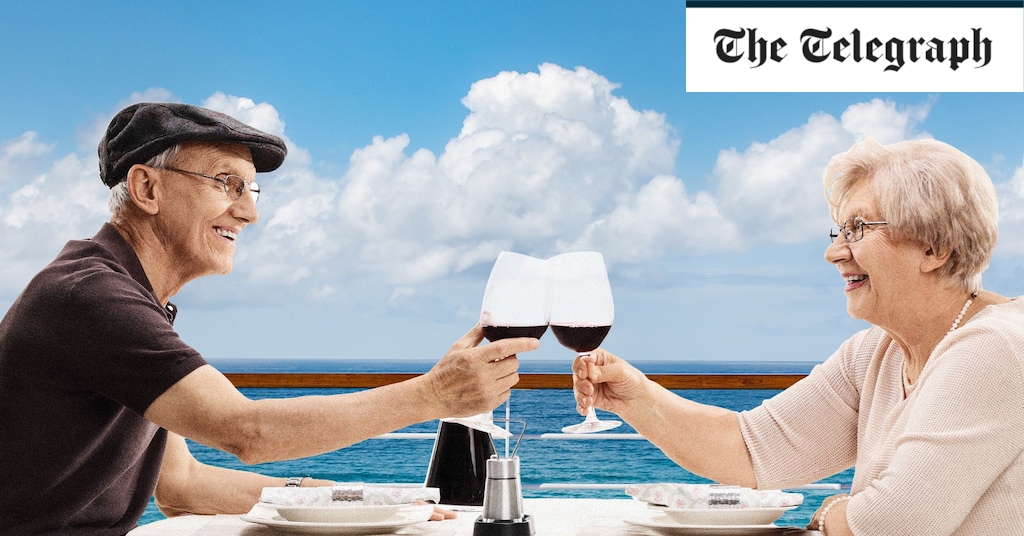Picture this scene: with newly sanitised hands and an appetite as big as the QE2, you have been seated at a restaurant table where you will dine for the duration of your cruise. You’re then handed a printed card by the couple next to you. It reads: “Please do not smile or greet us at the table. We do not engage in idle chat, so we would both appreciate if you did not attempt to engage in conversation or indeed direct your attention to us. We do not even speak to each other at the dining table let alone acknowledge or speak to others. Thank you.”
According to a (now deleted) post on X, formerly Twitter, this is what happened to guests on the first night of their recent cruise. We imagine dinner that evening was slightly awkward…
Perhaps the card-carrying couple in question had been inspired by the sort of Hollywood A-listers who insist on no eye contact with staff – but it’s far more likely that they’re simply seasoned cruisers, tired of trivial chit-chat with strangers. Yes, insisting that people ignore you entirely does seem extreme – but perhaps they’ve simply been on the receiving end of the humble cruise-diner faux pas one too many times: the insatiable chatterbox; the personal-space invader; the dreaded inappropriate subject bringer-upper.
My husband, Jonathan, and I once shared a table with a lovely American woman and her mother, who we’d met on an excursion earlier that day. The evening was going splendidly until I foolishly brought up the subject of Donald Trump. Suffice to say we had differing opinions – and as a result, they refused to speak to us again for the rest of the voyage, which proved quite tricky on a tiny river cruise.
Like it or loathe it, chatting to fellow guests is very much par for the course on a cruise – and along with this comes a mixing of cultures, all bringing disparate ideas of social propriety to the table, so to speak. You may, for example, be bombarded with “Where are you guys from?” the moment you step into a lift or share a transport tender with a cruise bore, who will enthusiastically regale you with tales of the 19 trips he has taken previously. Someone may latch onto your British accent or be utterly fascinated by your choice of omelette filling – it’s just the way it goes. If that’s not your bag, frankly, maybe cruising isn’t either.
“We are seeing a lot more influence from America on our dining skills and the verbiage around the table,” says William Hanson, an etiquette expert and the author of Just Good Manners: A Quintessential Guide to Courtesy, Charm, Grace and Decorum. He notes that too often “Please may I have” is replaced by “Can I get?”
Does it matter? “Probably not, although the absence of a please and thank you is non-negotiable,” says Hanson.
As for handling unwanted conversations without the need for a printed card to prevent interaction, Hanson says: “Give very short answers in the hope they get the message. If that doesn’t work, then a polite, ‘Maybe we’ll see you later and we can talk then’ should do it.” Here’s hoping. For now, here are the golden rules of the cruise dinner table – contravene them at your peril.
